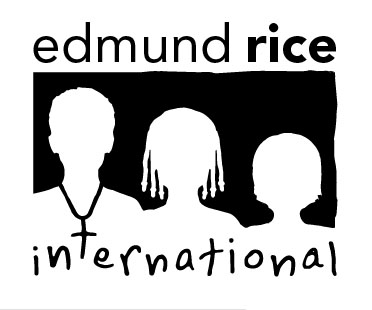
Revised July 2024
Edmund Rice International (ERI) is a non-governmental organisation (NGO) committed to working for the human rights of children and young people at the international level, particularly in regard to education.
ERI was founded, and is jointly supported, by two Roman Catholic religious congregations: the Christian Brothers and the Presentation Brothers. Each province of the two congregations has a designated Advocacy Co-ordinator who works directly with the ERI team on matters pertaining to their country or region.
ERI accepts that it has a responsibility for the safety and well-being of its staff members, including interns, and for those with whom it works in advocating for justice and human rights.
Scope of the Policy
Potential threats to security of personnel may arise in a country where ERI staff visit to conduct or attend training programs. The threat may be due to one or more of the following:-
- political unrest
- prevalence of violent crime
- health concerns
Depending on the political climate in a particular country, those who defend human rights may also face reprisals from governments or vested interests for speaking out about human rights issues.
This policy and procedure relates to the safety and security of ERI staff travelling to other countries in pursuance of their roles in human rights education, training, and advocacy. The safety and security of in-country advocacy co-ordinators and other in-country advocacy and social justice staff comes within the remit of their respective Provincial and District authorities.
Policy in Practice
Safety concerns will be examined prior to any decision being made to travel to a particular country. The Executive Director will seek the advice of the local Advocacy Co-ordinator and consult national government travel advisories and relevant international NGO and multilateral agencies in coming to a decision about such travel.
In the event of the country being deemed unsafe, the proposed training visit will not proceed.
Food, accommodation and transport on country visits should be arranged in consultation with the local Advocacy Co-ordinator. As part of the preparations for any visit, the local Advocacy Co-ordinator will be consulted and visiting staff members warned about any potential risks to health and safety. They will also be provided with advice about all necessary safeguards.
For all travel abroad on ERI related business, it is the staff member’s individual responsibility to ensure they have adequate insurance covering health and safety risks associated with travel including medical emergencies/ evacuation.
Where appropriate, ERI will fund a consultation with a travel health clinic for staff members travelling outside their home country for training purposes, and will cover the cost of any recommended immunisations or prophylaxes.
Prior to travel, staff members will complete and submit to the Executive Director a pro-forma confirming that they have taken all necessary safeguards.
Upon return from a developing country staff members will be encouraged to have a medical check-up immediately if feeling unwell.
Local communities, through the local Advocacy Co-ordinator will be consulted in the drafting of any statements made by ERI at the UN (UPR submissions, Treaty Body submissions, Urgent Appeals to Special Rapporteurs etc). The use of any language that has the potential to pose a threat to the safety and well-being of members of the local community will be avoided in all ERI written and oral statements.
Monitoring and Review of Policy
This policy will be monitored and reviewed periodically by the ERI Board.
Where compliance issues are identified, the Board chair, ERI Executive Director or Board member will work with staff and other relevant stakeholders to address these issues promptly.